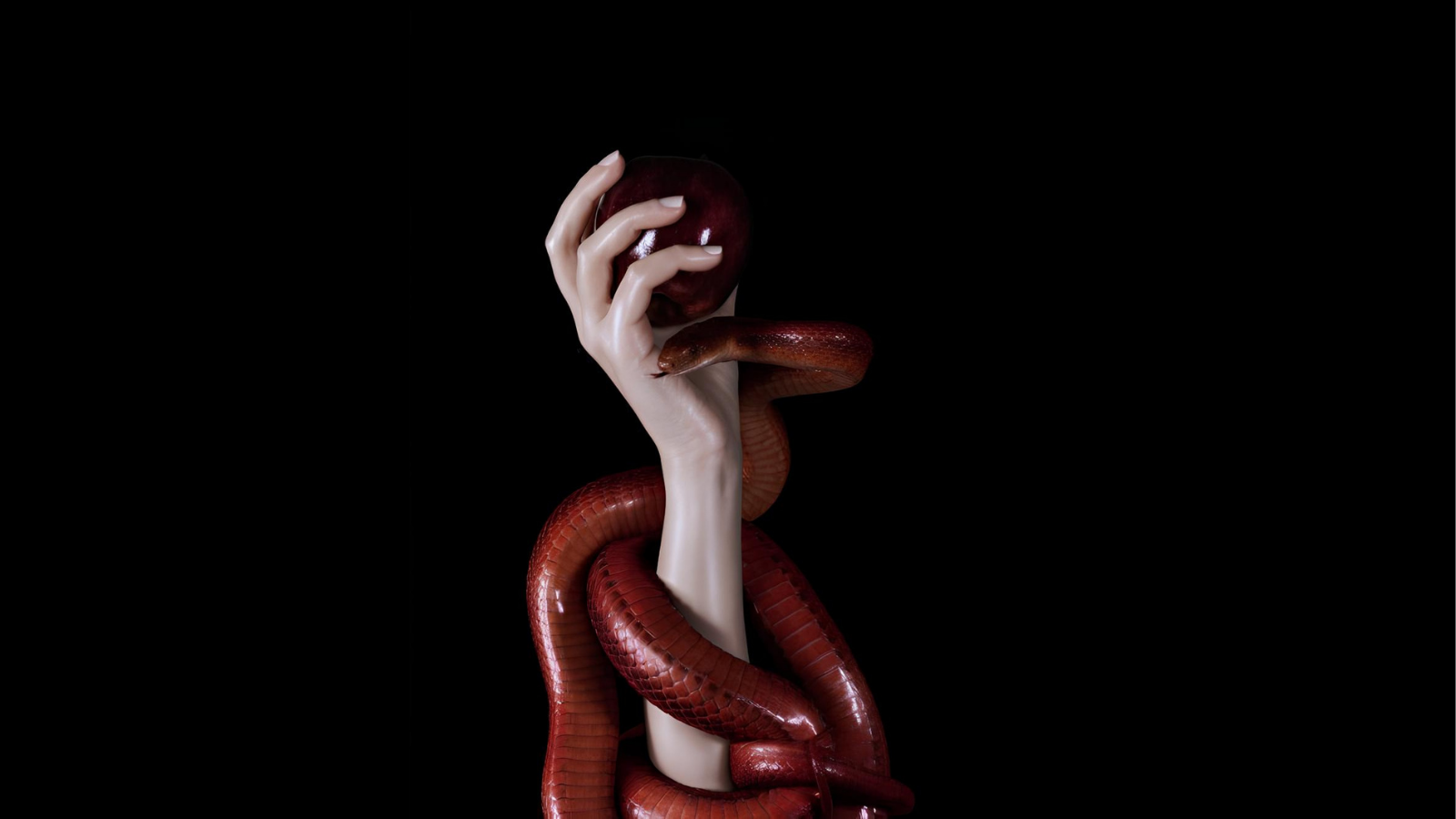Perhaps the greatest act of kindness a person can do for themselves is to value themselves. Sometimes, valuing oneself brings tough decisions. To walk away and separate when necessary are decisions with heavy consequences for self-protection. But how does society react to self-love? Since the creation of humanity, Lilith has been the story’s bad woman. Created from the earth, like Adam. A companion and equal to Adam. She refused to be oppressed or subordinate. Her rightful rebellion stems from knowing her worth. She makes the hard decision and utters God’s forbidden name, getting cast out of Eden for not being valued. Of course, Adam reacts in the way today’s society would. He cannot understand this rebellion. God cannot bear Adam’s sorrow and gives Lilith one last chance to end this insurrection. For anyone who knows their worth, seeing the kindness done for themselves as a rebellion is something no one can accept. Lilith does not accept God’s notion either. Self-respect is then punished. All her children are killed, and she is forever stripped of her motherhood. Society declares Lilith the bad woman, even the main culprit of all wrath. While Adam fires the first shot at this woman who knows what she wants, society takes over this noble duty, pushing Lilith away.
“She made her home in the roots of the Huluppu tree.
The branches of the tree were where the Anzu-Bird laid its eggs.
And in its trunk, the dark virgin Lilith built her house…
Gilgamesh killed the untameable snake.
The Anzu-Bird flew to the mountains with its young.
And Lilith, demolishing her house, fled to the wild, desolate places.” (1)
The more Lilith distances herself from society, the more society chases her, destroying the home she built once again.
Lilith embraces all the evil labels. If that’s what they say as if turning into what they claim she becomes by the end of the story, hence her being referred to as “Albastı Karısı” in Turkish mythology, haunting postpartum women and newborns. We should ask ourselves: Is self-respect a behavior that should be punished? Or should fulfilling one’s desires be considered the motivation for difficult decisions deserving respect? Lilith’s story shows us that no matter where we are in history and the world, those who lack the courage to want to be the shepherd of their own life, rather than a sheep of herd mentality, have and will see it as selfishness. This is why, even in today’s astrology, our selfishness is represented by the natal chart position named “Lilith”.
Resources:
- Epic of Gilgamesh, c. 1800 BC

